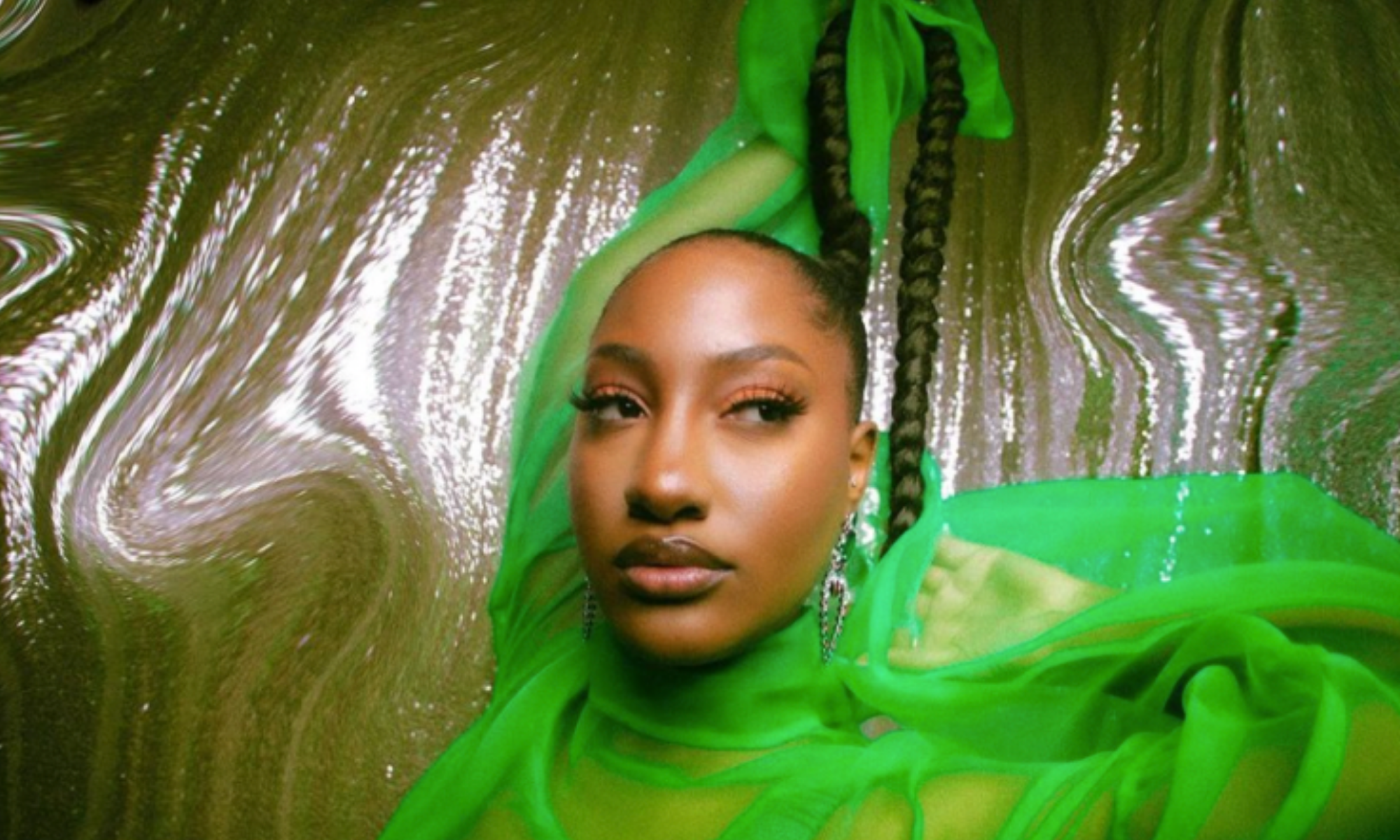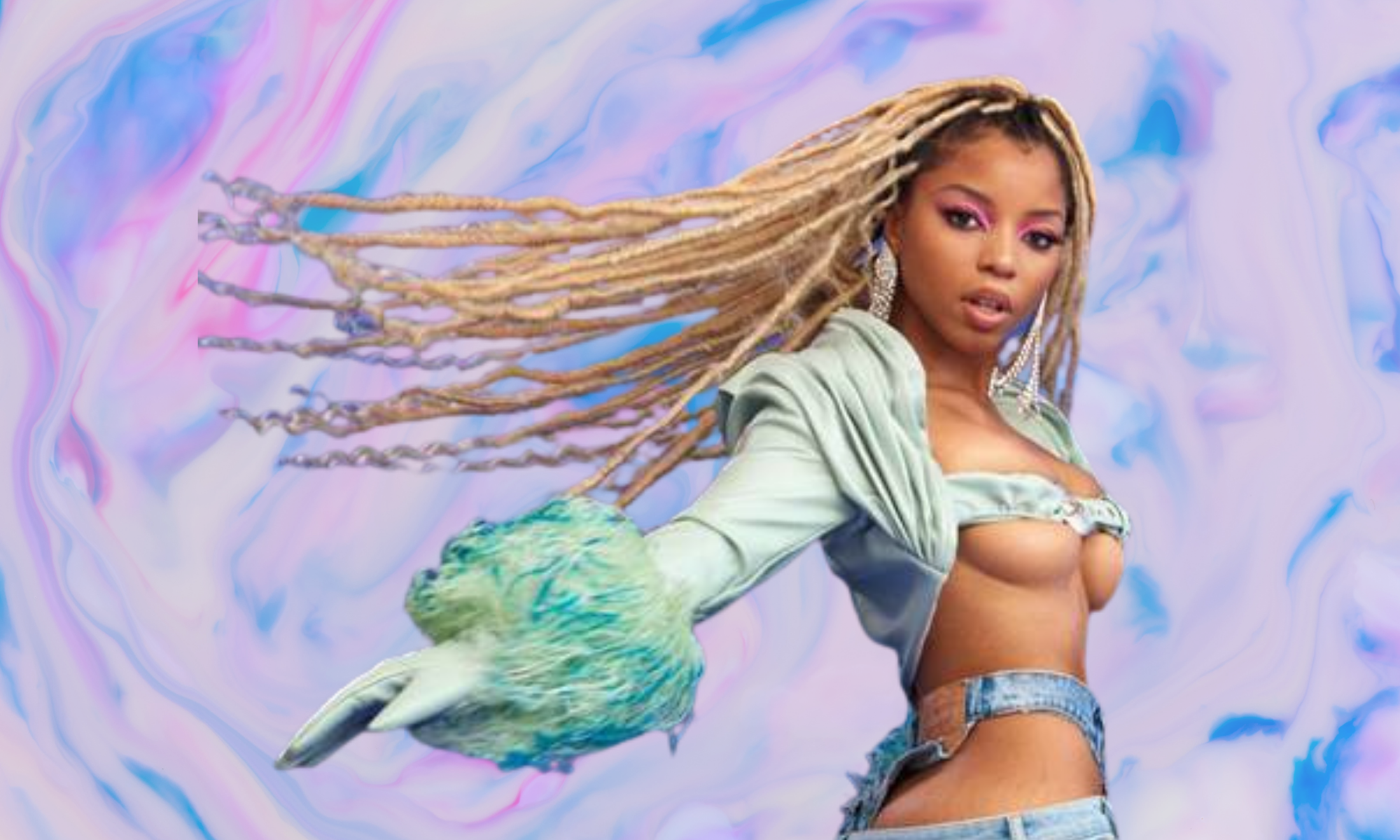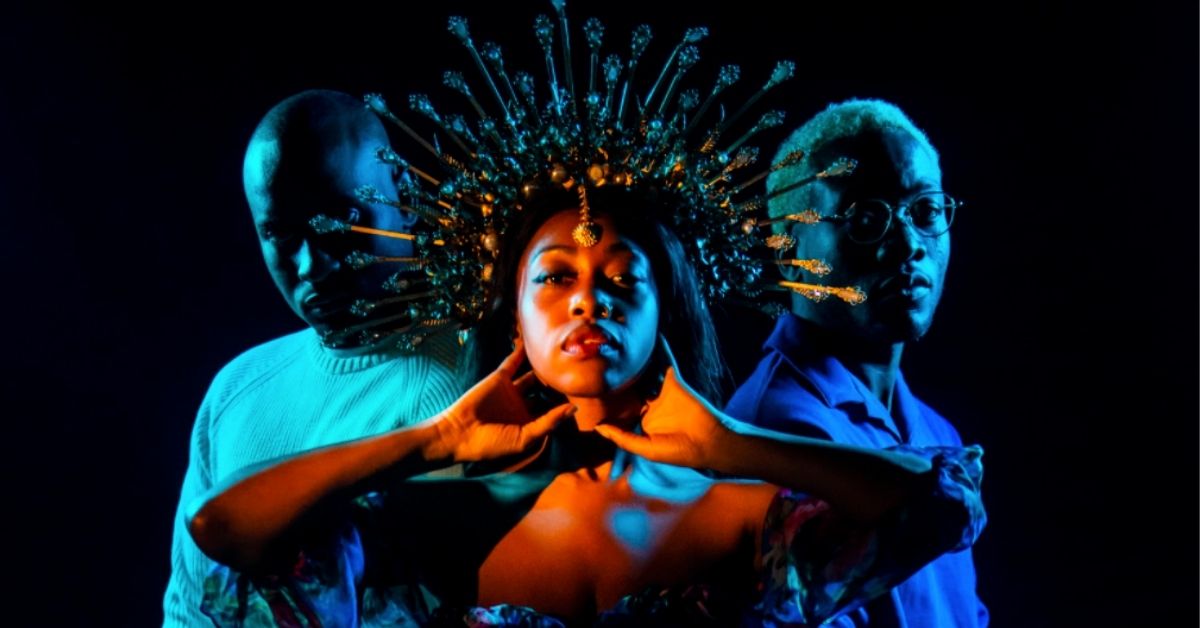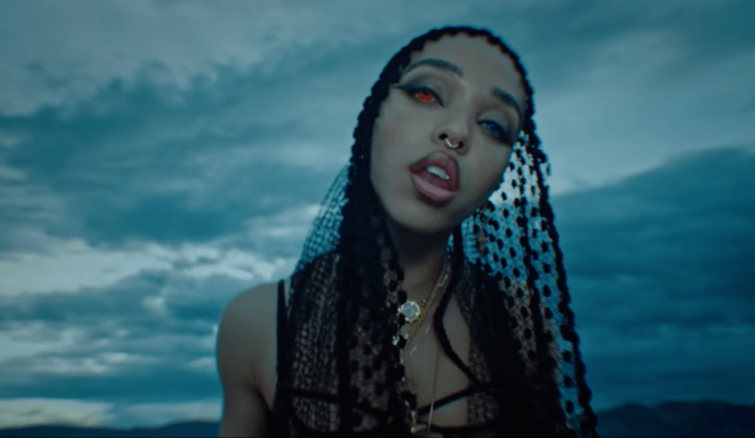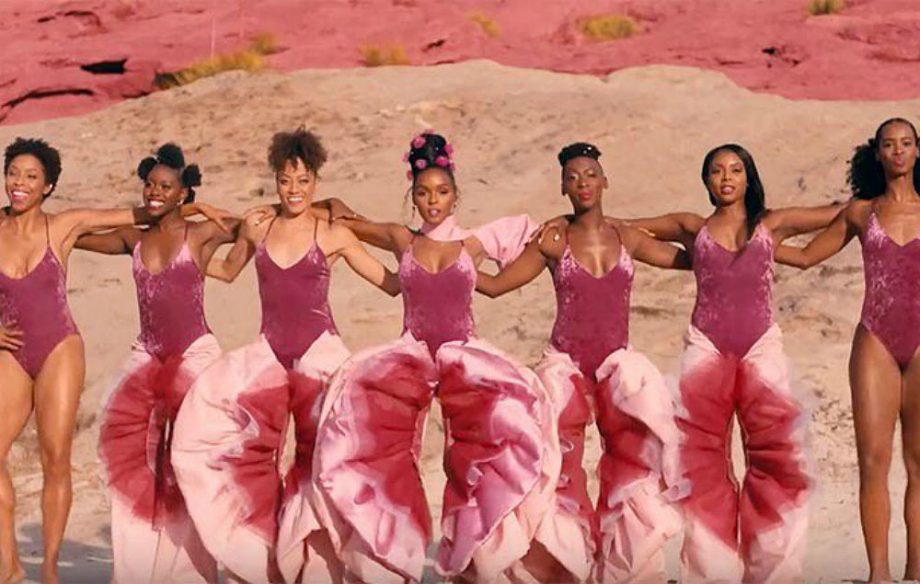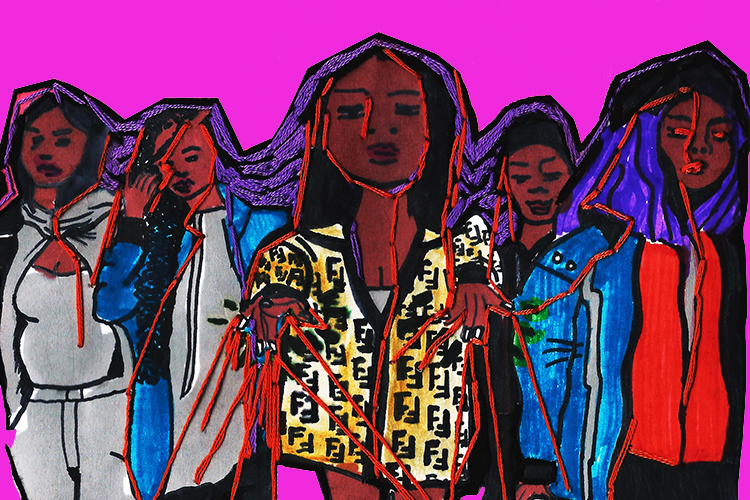
In the 1990s the popular discourse on girl power presented images of young, soft femininity. Typified by British popular (majority white) girl bands like the Spice Girls, Sugababes and Atomic Kitten, the music industry clamoured to this newfound abundance of so-called female “empowerment”. If you were born in the 90s, this image and sound was part of your upbringing: watching these girls on VIVA, Hit Music and the MTV channel when you got home from school was just part of your daily routine. The Spice Girl image was presented as a less threatening version of feminism, one that arguably didn’t challenge dominant sexist stereotypes. Yet I feel that the contradictions and limitations of the politics of Girl Power really lie in the fact that it both marginalised and vilified certain groups outside of the homogenous, heterosexual ideal of girlhood presented.
Fast forward nearly two decades and a much more raw, unabashed, realistic and complex portrait of womanhood is being played out, this time on Apple music or YouTube. Bursting onto the scene earlier this year, after being named BBC Sound of 2017, Ray BLK’s success has gone from strength to strength. She was nominated for best newcomer of the year at the MOBOs, has tracks with Stormzy and SG Lewis and is due to perform at a whole host of festivals this year.
The salon feels close and intimate, you can practically smell the Olive Oil spray and the dizziness that comes from smelling nail glue while watching the video
Listening to and watching Ray BLK’s (real name Rita Ekwere) single ‘5050’ is like reflecting on the beatings of my own inner pulse. Before even doing the research for this piece, there were already stark similarities between myself and the artist, namely age, skin colour, gender, hairstyle and that we’re both from London. A little more in-depth investigating highlighted that not only do we appear similar but we also have similar educational interests, both having studied English Literature at university, having worked in PR and specialising in post-colonial literature (reading and writing about Adichie and Achebe in our final semesters). Rather than being shocked at these similarities, I felt a sense of affirmation: this is an artist who speaks to the experiences felt by the modern black woman.
Set mostly in a hairdressers in South London and directed by Hector Dockrill, ‘5050’ follows Ray BLK and her all-black, female squad getting their hair braided, walking through the streets to the chicken shop and generally just hanging out in a place they know inside out. The salon feels close and intimate, you can practically smell the Olive Oil spray and the dizziness that comes from smelling nail glue while watching the video. Beauty salons catering for afro hair have distinct cultural and social roots; they are places where women come together to share stories and bond. Often, the stylists will have spent near enough their whole lives plaiting and braiding others’ hair, starting during childhood and continuing across continents to salons dotted across the UK. The afro hair salon is the perfect space to visually explore the relationship between fashion, culture and identity. A safe place to form your own personhood and morph into something new.
It is rare and beautiful thing when you unearth a new artist whose music embodies all that you think and feel
The video pays homage to iconic 90s fashion with Burberry bucket hats, all grey Nike tracksuits, Air Max 95s, square hoop earrings and lip gloss that pops brighter than Kylie Jenner’s ever will. Through these references to past styles, the video recognises and respects past fashion – fashion which Ray BLK would have been surrounded by in her youth. At the same time, the clothes and accessories create a powerful sense of nostalgia. Pink eyeshadows, blue and purple weaves, visors and big headphones signify a return to a past, perhaps even to childhood which is emphasised by the girls drinking Ribena and eating Nutella. You are taken back through memories of dressing up, getting ready for a night out – doing things which you as a young black girl have always been done but which you haven’t seen played out so truthfully on a screen before.
It is rare and beautiful thing when you unearth a new artist whose music embodies all that you think and feel. Even rarer; to find someone who not only produces music that centres on subjects that you are deeply interested in, but someone whose background mirrors your own. At once vulnerable and strong, ‘50 50’ celebrates black beauty and all of its intricacies. It’s the close-up shots of beautiful black faces, purple-plaited hair and bright, bold make-up which makes you realise that black (in every shade and tone) is beautiful. That’s why it’s with a tinge of sadness that I watch this video – where were these depictions of black bodies when I was growing up? How is it possible for a young girl to accept that she is beautiful in a world where she cannot see herself in any of the media that she so strongly commits herself to? ‘5050’ is able to subvert and reshape black femininity and this is why the video needs to be celebrated.

